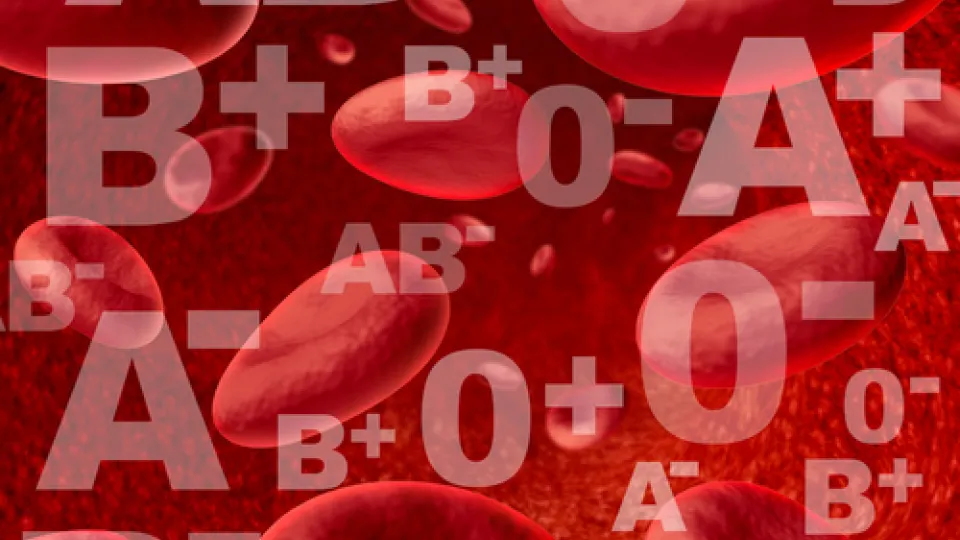
January is National Blood Donor Month, a time of interest to more than just the Medical Laboratory Technician.
With a particularly blustery winter, record levels of flu cases and busy holiday seasons, donation levels are dangerously low in some parts of the country.
"We saw over 300 blood drives across 27 states over the last month and a half due to the weather resulting in 10,500 fewer donations than we were expecting," said American Red Cross District Manager in Blood Services Kelly Weber in an interview with Lansing, Mich.-based WLNS TV.
In Fresno, Calif., blood banks there are reporting 30-year lows for their stockpiles.
The Red Cross, Community Blood Centers, and local hospitals are in need of every blood type. Which got us thinking….
Why are there so many blood types?
"Blood types are made up of antigens," explains Diana Riddle, Medical Laboratory Technician Instructor at Concorde-Memphis. "Antigens are proteins that act as identifiers on our red blood cells (and all of the cells in the body). It is how our bodies identify 'self.' It is this ability to distinguish self from 'non-self' that enables the immune system to defend the body."
The most common blood types are A, B, AB, and O. According to Riddle:
A person's blood type is based upon the absence or presence of the A and B antigens (in the ABO blood system), therefore:
- If one has the A antigen, but not the B antigen, they are said to be type A
- If one has the B antigen, but not the A antigen, they are said to be type B
- If one has both the A and the B antigens, they are said to be type AB
- If one has neither the A nor the B antigen, they are said to be type O
Not sure what yours is? Riddle says that "blood typing is a very simple-to-perform test. Donating blood or asking your doctor to have a blood typing performed/check your medical history are both ways to find out your type. All pregnant women are routinely blood typed, so females with children will have this information already recorded in their medical records."
What about the + and - distinction?
The "positive" and "negative" aspect of a blood type refers to an antigen that is part of a completely different blood group system called the Rh system.
Within that system, the D antigen, also known as the Rh antigen, is tested. If the red cells have the antigen, they are called "positive." If they do not have the antigen, they are called "negative."
Blood isn't just about the red?
You don't have to be a medical laboratory technician to care about blood. There are other components to the blood in our bodies besides red blood cells.
Plasma, platelets and white blood cells are all components of whole blood, are separated and used carefully to support the needs of patients.
Each blood donation potentially represents 3-4 products that each have life-saving capabilities.
Looking for a place to donate near you? Visit America's Blood Centers to find a location closest to you!
Take The Next Step Towards a Brighter Future
We have a Concorde representative ready to talk about what matters most to you. Get answers about start dates, curriculum, financial aid, scholarships and more!




